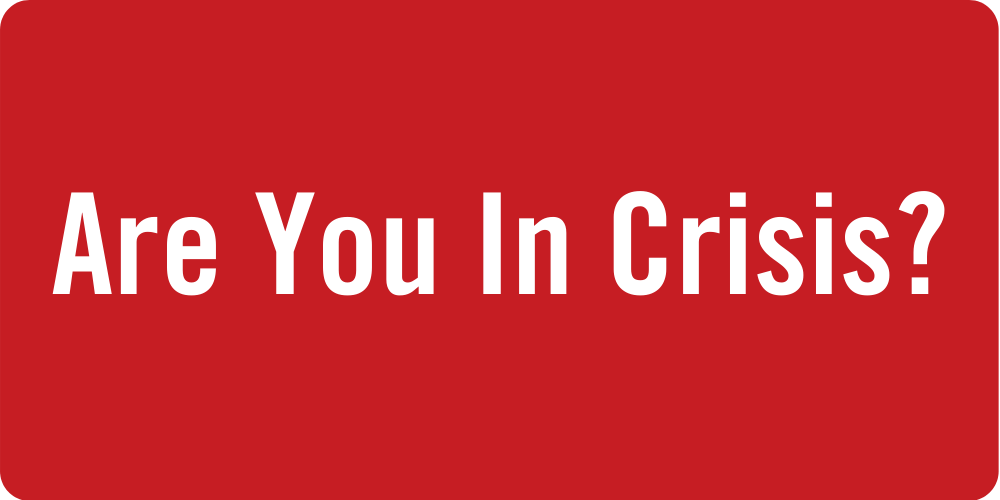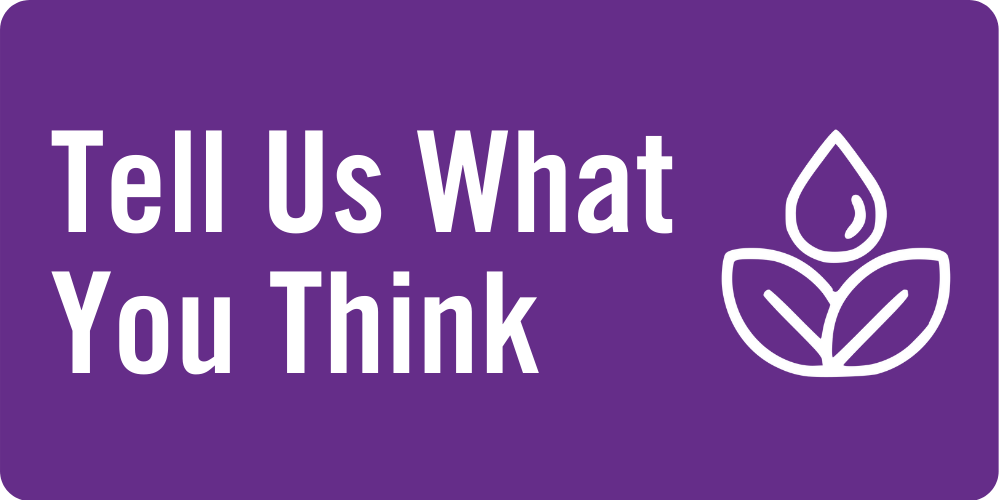The Importance of Smart Scrolling
Despite the wealth of knowledge that can be accessed through social media, most of the information that exists on these sites contains false or misleading information. This is especially true when it comes to the topic of health and wellness, as numerous fad diets, exercise programs, symptoms and signs to self-diagnose conditions, and medications to alter one's appearance are always trending despite the presence of trustworthy information to support it.
The algorithms on social media have further complicated matters as they have the ability to control what content viewers have access to. Unfortunately, oftentimes the algorithm promotes misinformation and reinforces bias rather than providing accurate and reliable information.
Many individuals rely on and use social media to quickly gain information as minimal work is required, which makes the popularity of misinformation extremely problematic. Most social media content does not go through a verification process prior to or after uploading and thus information is often shared without a critical evaluation of its credibility. More specifically, certain types of content tend to go viral despite the truthfulness involved, which causes the platform to share the content to more viewers in order to prioritize engagement rather than the accuracy of information.
The information we read can significantly influence our decision-making processes and how we interact with ourselves and others. Therefore, it is important to ensure the information we absorb is valid and reliable. To verify that the information you view online is reliable, I encourage you to follow these guidelines when you are skeptical about the accuracy of the information you find on social media.
- Evaluate the source: Examine the credibility of the source providing the information by considering where the advice is coming from. Look for reputable websites, established institutions, recognized experts in the field and verify the author’s qualifications and credentials.
- Verify accuracy: Cross-reference the information by referring to reliable sources. If the information is consistently reported by various reliable sources, the accuracy of the information is increased.
- Look for citations: Reliable sources will provide proper references or citations to support their claims. It is important to evaluate if the source is looking to help others or sell a product/service they provide and if they contain any biases towards a brand or strategy?
- Consider the date of information: Ensure the information is up to date and relevant. Outdated information can quickly become inaccurate or misleading, try to find the most recent source of information to refer to.
- Examine the quality of writing and presentation: Reliable sources will have a professional appearance and contain edited content. An unreliable source is more likely to include grammatical errors and a poor presentation or layout of information, which can indicate a lack of credibility.
- Trust your gut: If something seems to be too good to be true or lacks supporting evidence, use caution. Ensure you use your critical thinking skills and trust your instincts when assessing the reliability of online information.
- Follow up with a health professional: Even if the health information is reliable making a diagnosis is a complicated process and a diagnosis should only be made by trained professionals.
It’s important to remember that no method is foolproof, but following these guidelines can help you make more informed judgments about the reliability of online information.




